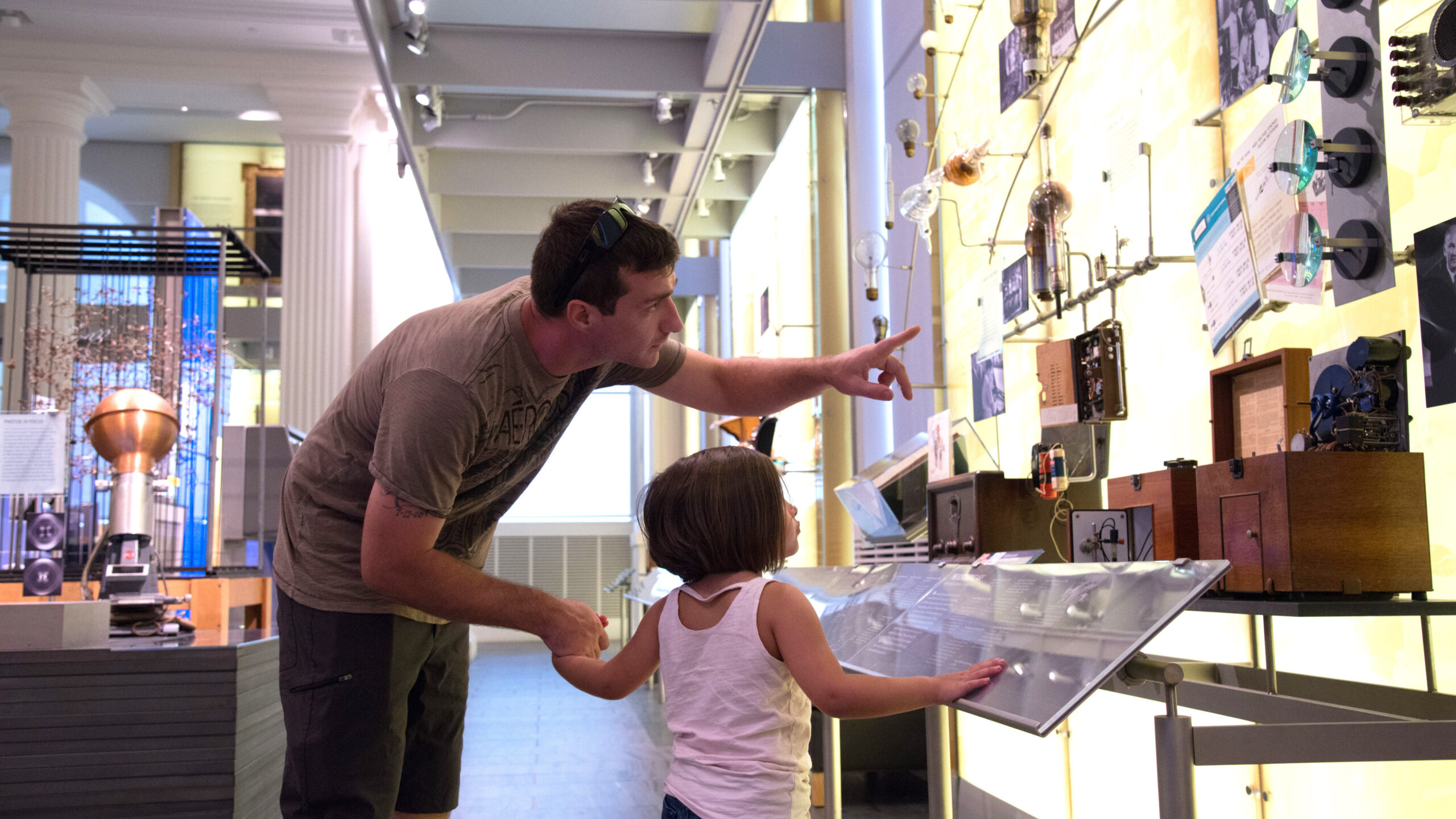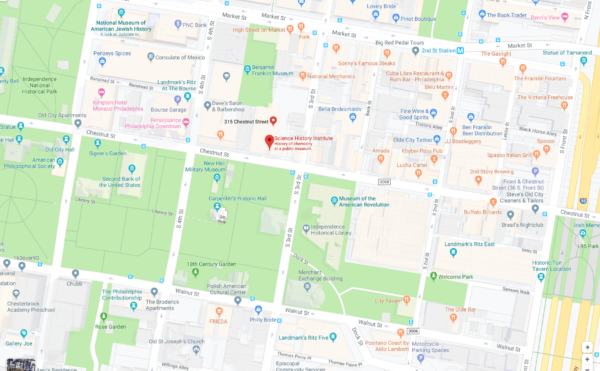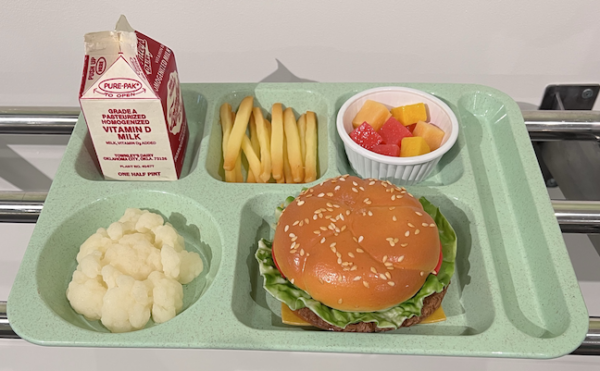Book a Museum Field Trip or Group Tour
Want to bring your group, class, or club to our museum? Or request a virtual program? You can now book a group or school tour online through our portal, Explorable Places!
Our museum offers in-person tours and virtual programs for a wide range of age groups and interests. In-person school tours and virtual classroom visits are most appropriate for students ages 12-13 or older (middle-school, high-school, and college students) in history, social studies, environmental studies, general science, or chemistry courses. We also offer group tours and virtual programs for adult, senior, and non-school groups, clubs, and organizations of all kinds.
In-Person Visits and Tours
We currently offer the following activities for in-person group and school field trip visits:
Artisans, Alchemists, Chemists: Highlighting Minerals & Us
A unique learning experience for school groups that includes a tour, an interactive game using objects from our handling collection, and a scavenger hunt. This experience looks at how humans have used and studied minerals throughout history, featuring our Earthly Matters exhibition.
- PA Standards Met
- STEELS: 3.2.5.A, 3.5.3-5.J, 3.2.6-8.A, 3.2.6-8.C, 3.5.6-8.F, 3.5.6-8.G, 3.5.6-8.I, 3.5.6-8.CC, 3.5.6-8.KK, 3.2.9-12.A, 3.5.9-12.F, 3.5.9-12.H, 3.5.9-12.JJ, 3.5.9-12.KK, 3.5.9-12.GG
- History: 8.1.6.A, 8.4.6.A, 8.4.7.A, 8.4.4.B, 8.4.5.B, 8.4.6.B, 8.4.7.B, 8.4.8.B, 8.4.6.C, 8.4.8.C, 8.4.9.C, 8.4.W.C, 8.4.12.C
- Next Generation Science Standards Science and Engineering Practices
- Constructing explanations
- Obtaining, evaluating, and communicating information
- Developing and using models
- Next Generation Science Standards Cross Cutting Concepts
- Patterns
- Systems and system models
Self-Guided Activities
Age-appropriate scavenger hunts, puzzles, and worksheets (example themes: Meet the Elements, History of Medicine, Who’s Behind the Science?)
Science & Activism
Guided tour that explores stories of environmental justice, patients’ rights, community science, and more
Women in Chemistry
Guided tour that shines a light on the central role of women in shaping chemistry and the material sciences across history
From Nature to Nylons: Highlighting the History of Textiles
A learning experience consisting of a tour and a hands-on introduction to objects from our collection, exploring the history of textiles and the development of synthetic fabric.
Unwell Waters: Highlighting Health & the Environment
A learning experience consisting of a tour and a hands-on introduction to objects from our collection, in which visitors will learn about the history of waterborne diseases in Pennsylvania as well as modern threats to the health of the world’s oceans.
In-Person Scheduling
Reservations are required at least two weeks before the date of your visit. All group tours must be confirmed in advance and are subject to availability. A small fee will be charged to cover the cost of staff and materials; a discounted rate is available for Title I schools.
Pricing
Group Tours and School Field Trips: $3.00 per person
Title I School Field Trips: $1.00 per person
Self-Guided Activities: $2.00 per person
More information can be found on Explorable Places.
We suggest allowing one hour for your group visit. Group visits are available Wednesday through Friday, 10am to 3:30pm. Other times may be possible by special appointment. We can accommodate up to 20–25 individuals per tour group. Larger groups may be asked to stagger their tour times. School groups require a 8:1 student-to-chaperone ratio; for more details see our Guidelines for Chaperones page.
Virtual Programs and Virtual Classroom Visits
We currently offer the following topics for interactive virtual programs or virtual classroom visits:
What’s Behind a Nobel Prize?
Every year, the Nobel Prizes shine a spotlight on a few scientists. But out of the spotlight are the large and diverse teams that make important research happen. In this interactive virtual program, explore who is really behind the science.
Women in Chemistry
Meet women across history who have shaped scientific knowledge, from 17th-century French alchemist Marie Meurdrac to mid-20th-century biochemist Mary Maynard Daly, the first Black woman in America to receive a PhD in chemistry. See how women have pioneered scientific fields and contributed to discovery and innovation.
Virtual Tour Scheduling
Advance reservations are required. Dates and times for virtual programs may vary by request. The average length of a virtual program is 35–45 minutes.
Pricing
Adults and Non-School Groups: $150.00 per group
School Groups: $100.00 per group
Title I School Groups: $25.00 per group
All virtual programs must be confirmed in advance and are subject to availability.
Further questions? Email us at tours@sciencehistory.org.
There are several options for booking charter bus, minibus, and shuttle bus rentals for in-person tours:



